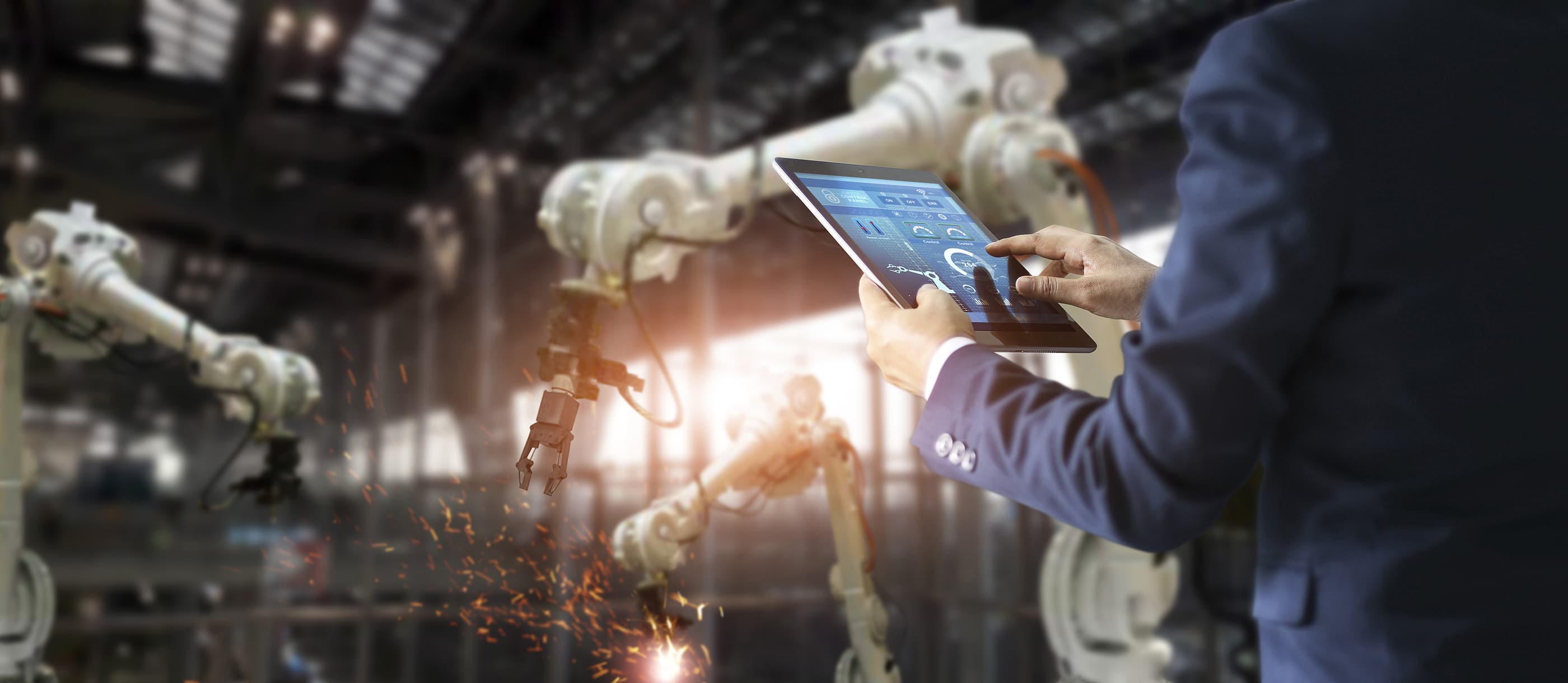Expert Advice: How to Navigate Industrial Automation Roadblocks
If you’re in the manufacturing industry, you know that the evolution of automation has been a cornerstone of manufacturing advancements, transforming production floors and operational efficiencies worldwide. Yet, just like any other technological integration, this journey is not without its hurdles. Understanding the causes of automation failure and how to address them is essential for maintaining a competitive edge in today’s fast-paced industrial arena. At H&R Industrial, we’ve been a reliable partner, helping to keep countless Kokomo and Central Indiana manufacturers’ systems at peak performance. Let’s look at the ins and outs of industrial automation, the risks and failures, and what you can do about it.

Common Causes of Automation System Failures
In general, what causes automation systems to fail? Some examples include:
Inadequate Maintenance
Regular maintenance is crucial for keeping automation systems up and running. Neglect in this area can lead to unforeseen breakdowns. It’s generally understood in the industry that a significant portion of automation failures could be prevented with routine checks and maintenance.
Software Malfunctions
Software glitches can bring an entire production line to a standstill. Keeping software updated and ensuring compatibility with existing hardware are keys to avoiding downtime.
Hardware Wear and Tear
Over time, the physical components of automation systems wear out. This natural degradation can lead to failures if parts are not replaced or serviced promptly.
Improper Operation
Sometimes, the human element is the weak link in the automation chain. Operator error or lack of training can lead to improper use of machinery, resulting in breakdowns.
External Factors
Power surges, environmental conditions, and other external factors can unexpectedly impact automation systems. While less common, these factors can cause significant disruption.
Mitigating Risks
The stakes of automation failure are high, affecting immediate production and broader operational efficiency, employee morale, and customer satisfaction. It’s important to create robust maintenance strategies and constantly monitor automation systems.
To mitigate the risks of automation failure, handle the problem before it happens. Some strategies include:
Regular maintenance and inspections
Implement a scheduled maintenance program to prevent wear and tear from escalating into major issues.
Comprehensive training
Make sure all operators are fully trained on the equipment they are using, which can reduce the likelihood of operator error.
Up-to-date software
Keep software updated to protect against bugs and ensure compatibility with all system components.
Rapid response plans
Have a plan in place for quick action when failures occur to minimize downtime and operational impacts.
Find an Industrial Automation Ally
At H&R Industrial, we pride ourselves on being more than just service providers; we’re problem solvers. Our adept engineering team dives deep into the heart of your manufacturing processes, delivering custom solutions and maintaining the integrity of your automation systems.
From electrical design, panel fabrication, and hydraulic controls to arc welding, spot welding, pneumatic deburring processes, and more, our portfolio is a testament to our capability to navigate the complexities of manufacturing automation challenges. We understand the language of efficiency and translate it into reality for our partners.
Industrial automation systems are the backbone of modern manufacturing. If the system in your Kokomo, Lafayette, Indianapolis, Fort Wayne, South Bend, or Bloomington manufacturing facility needs attention, we can help. Contact H&R Industrial at (765) 868-8408 today!
